When most people think of gardening, the first thing that comes to mind is a traditional garden: rows of neatly trimmed plants surrounded by neatly trimmed grass.
While this type of gardening has its benefits, a new trend is on the rise: natural and organic gardening. So what is natural gardening? And why should you consider making the switch? Keep reading to find out!
Organic Gardening 101
An organic garden is grown without synthetic fertilizers, pesticides, or herbicides. This means that your garden will be populated solely by plants, bugs, and animals that occur naturally in your area.
Organic gardeners work with nature, not against it.
For example, rather than using pesticides to kill off unwanted pests, you can encourage predators such as ladybugs to take up residence in your garden. As you learn more about organic gardening techniques, you will be able to create a truly unique and sustainable ecosystem in your backyard.
Additionally, organic gardens are better for the environment.
Using synthetic fertilizers and pesticides can leach into the ground and contaminate nearby water sources. By contrast, organic gardening methods improve the quality of the soil, making it more nutrient-rich and able to retain water better.
This is not only good news for your plants, but it also means that you will be using less water overall. Win-win!
Benefits of Organic Gardening
In addition to being better for the environment, organic gardening has several other benefits. We will be discussing five of the most significant benefits below.
Healthier for you
Synthetic chemicals can be harmful to your health, both when you are exposed to them directly and when you eat fruits or vegetables that have been grown in chemically treated soil.
Chemicals such as pesticides and herbicides have been linked to various health problems, including cancer, congenital disabilities, and neurological damage.
By contrast, organic fruits and vegetables have been shown to contain higher levels of vitamins and minerals. So not only is organic gardening better for the environment, but it is also better for your health!
Better for wildlife
As we mentioned earlier, natural gardens are populated by plants, bugs, and animals naturally in your area.
This is good news for local wildlife, as it provides them with a natural habitat in which to live and breed.
It is not uncommon to see butterflies, bees, and even hummingbirds in an organic garden! Beneficial insects such as these are essential to a healthy ecosystem, and they can help your plants to thrive.
Attracts natural predators
As we briefly touched on earlier, one of the benefits of organic gardening is attracting natural predators.
These predators help keep the population of harmful pests in check, which means that you will not have to use synthetic pesticides.
Some common natural predators include ladybugs, lacewings, and dragonflies. These creatures are beneficial to your garden, but they are also fascinating to watch!
Organic garden = Healthy Plants
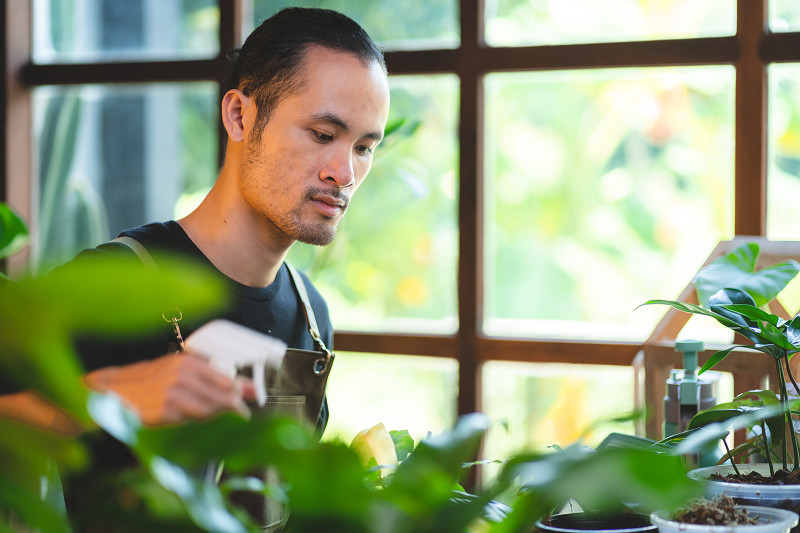
When you use synthetic fertilizers, they can damage the delicate roots of your plants.
This is because synthetic fertilizers are often made up of harsh chemicals that can “burn” the roots if they are not used carefully.
On the other hand, organic fertilizers are much gentler and will not damage your growing plants.
Additionally, organic matter such as compost improves the quality of the soil, making it more nutrient-rich. Healthy soil is essential to healthy plants, so this is yet another reason to consider organic gardening methods.
This is good news for your plants, as they will be able to grow stronger and healthier with access to all the nutrients they need.
Fewer weeds
Weeds can be a real pain in the neck, especially if you try to grow a beautiful garden.
Fortunately, organic gardening can help you reduce the number of unwanted weeds in your garden. Natural gardens are typically populated by plants that are well-suited to the local climate and soil.
As a result, there is less competition for resources, and the plants are better able to crowd out weeds.
In addition, mulching with organic material such as straw or bark can help to prevent weed seeds from germinating in the first place.
Natural Gardening Tips To Get You Started
Now that we have discussed some of the benefits of natural gardening, you may be wondering how to get started.
Here are a few tips to help you get started on your natural gardening journey:
Start Small
If you are new to natural gardening, it is best to start small. This will give you a chance to learn about the plants that grow well in your area and experiment with different natural gardening methods.
You can continually expand your garden later on once you have more experience. Do a lot of research as well when it comes to natural gardening.
There are a lot of different methods that you can try, and it is crucial to find one that works well for you and your plants.
Choose the Right Plants
Choosing well-suited plants for your climate and soil is essential for natural gardening success.
If you choose plants that are not native to your area, they will likely require more water, fertilizer, and pesticides to survive.
This is bad for the environment and a waste of time and money. Insect damage, for instance, is often caused by plants that are not well-suited to the local climate.
By choosing native plants, you can avoid this problem altogether.
Use natural mulches and fertilizers
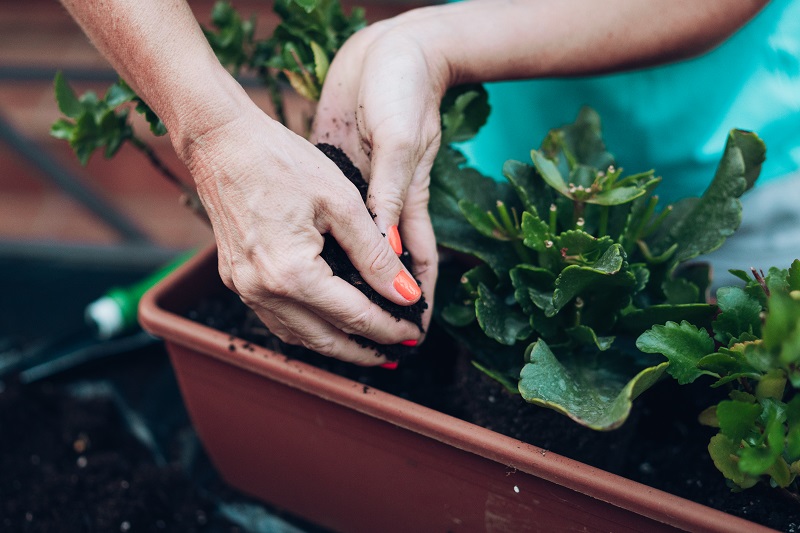
Mulching with organic materials such as bark, straw, or leaves is a great way to suppress weeds and add nutrients to the soil.
Organic fertilizers such as compost or manure can also be used to improve the quality of the soil.
Just be sure to do your research first, as some natural materials can actually harm your plants if they are not used correctly. For instance, fresh manure can contain harmful bacteria that damage your plants.
As long as you are careful and do your research, natural gardening can be a great way to grow healthy plants while also helping the environment. Give it a try today!
Explore organic pest control
It may be daunting to think about dealing with pests in your garden without the use of harsh chemicals.
Fortunately, there are many natural pest control methods that you can use. These include using predators to control pests, planting pest-resistant plants, and using natural barriers like diatomaceous earth.
Organic pest control is not only better for the environment, but it is also often more effective than chemical pesticides.
Use compost tea
Compost tea is a great way to add nutrients to the soil and help prevent plant diseases.
Simply steep some compost in water for a few days to make compost tea. Once it is finished brewing, you can apply it to your plants just like you would any other liquid fertilizer.
Compost tea is easy to make, but it is also very effective.
Tea and coffee grounds also work great as natural fertilizers. Just be sure to compost them first so that they don’t harm your plants.
Consider your soil health
The health of your soil is essential for natural gardening success.
Soil that is too acidic or too alkaline can damage plants, and soil lacking in nutrients will not support healthy plant growth.
You can have your soil tested by a local cooperative extension office to determine its pH level and nutrient content. Soil pH is especially important, as it can be easily adjusted with the addition of lime or sulfur.
Once you know the condition of your soil, you can take steps to improve it if necessary.
Healthy soil will contain plenty of organic matter, which helps to improve drainage and aeration while also holding onto moisture and nutrients.
Best Fruit and Plants To Grow in Your Natural Garden
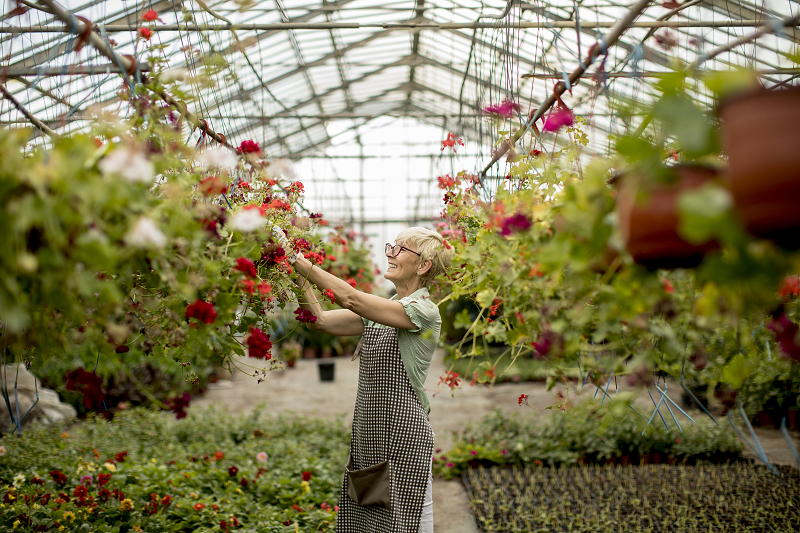
Fruits and vegetables are a great addition to any natural garden. Some fruits and vegetables that do well in natural gardens include:
- Thyme
- Lavender
- Chives
- Parsley
- Rosemary
- Cilantro
- Tomatoes
- Peppers
- Squash
- Beans
- Eggplant
Of course, this is just a tiny sampling of the many different types of fruits and vegetables that you can grow in a natural garden.
The best way to find out what will do well in your natural garden is to talk to your local cooperative extension office or nursery. They will be able to give you specific advice for your area.
Bottom Line
A natural garden relies on native plants and sustainable practices to create a healthy space for both people and the planet.
While it may take a little extra effort to get started, the benefits of a natural garden are well worth the investment. Not only do native plants require less water and fertilizer to thrive, but they also provide vital habitat for local wildlife.
In addition, sustainable gardening practices such as composting and mulching help to improve soil health and reduce waste. By choosing to garden naturally, you can create a space that is beautiful, eco-friendly, and good for your health.

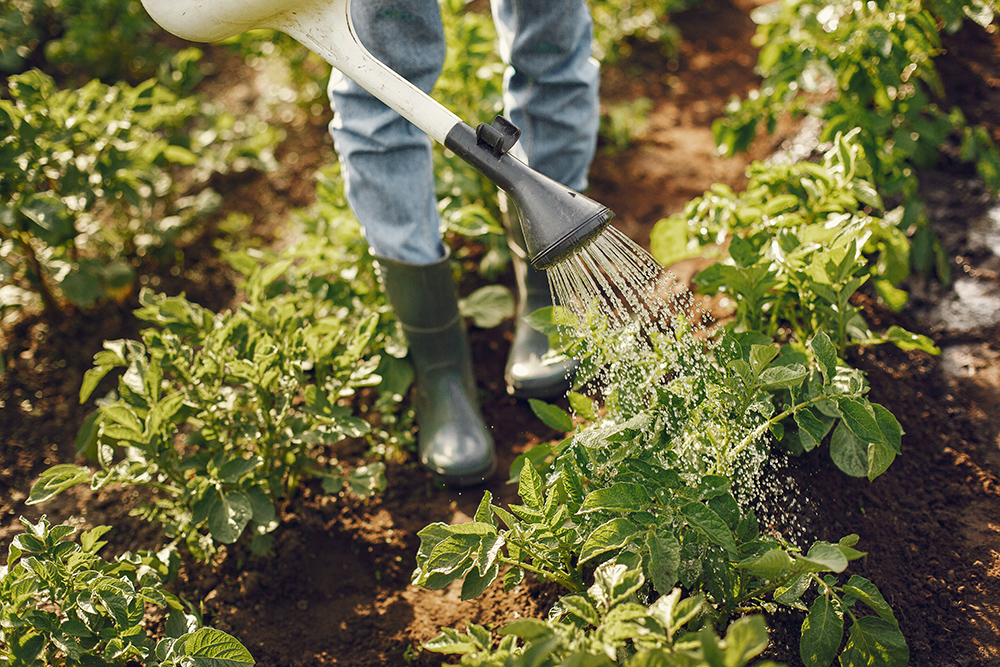
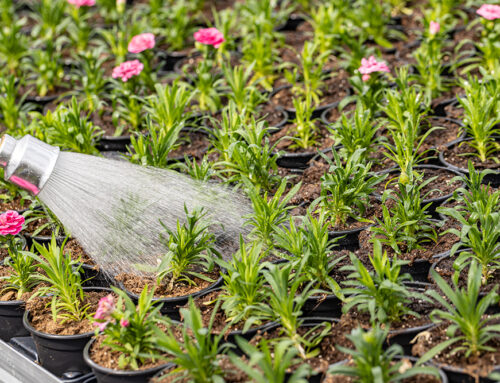
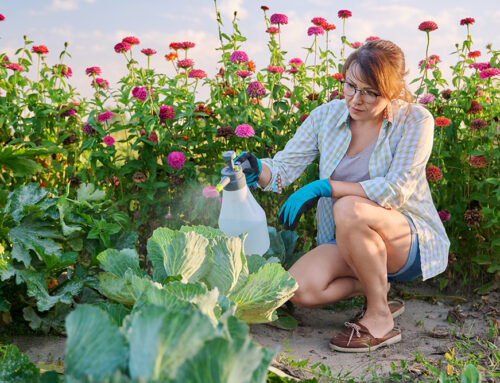
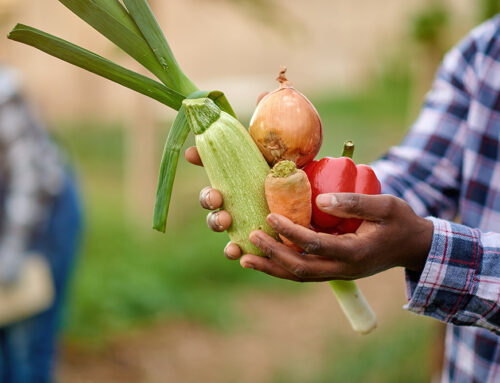
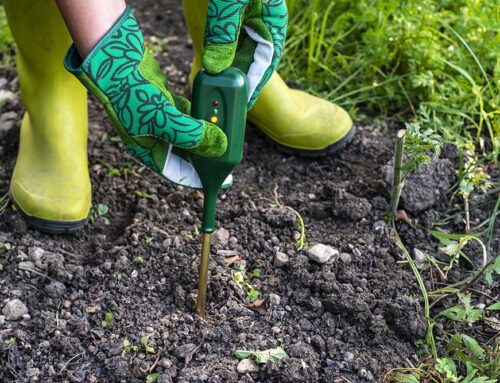
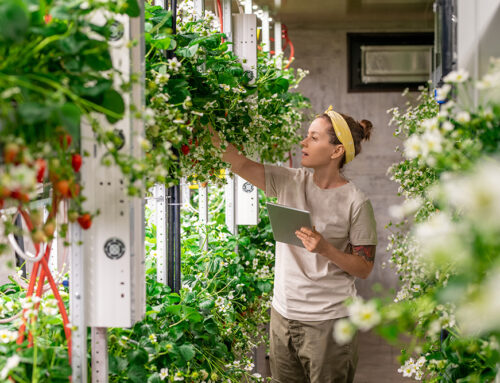
Leave A Comment